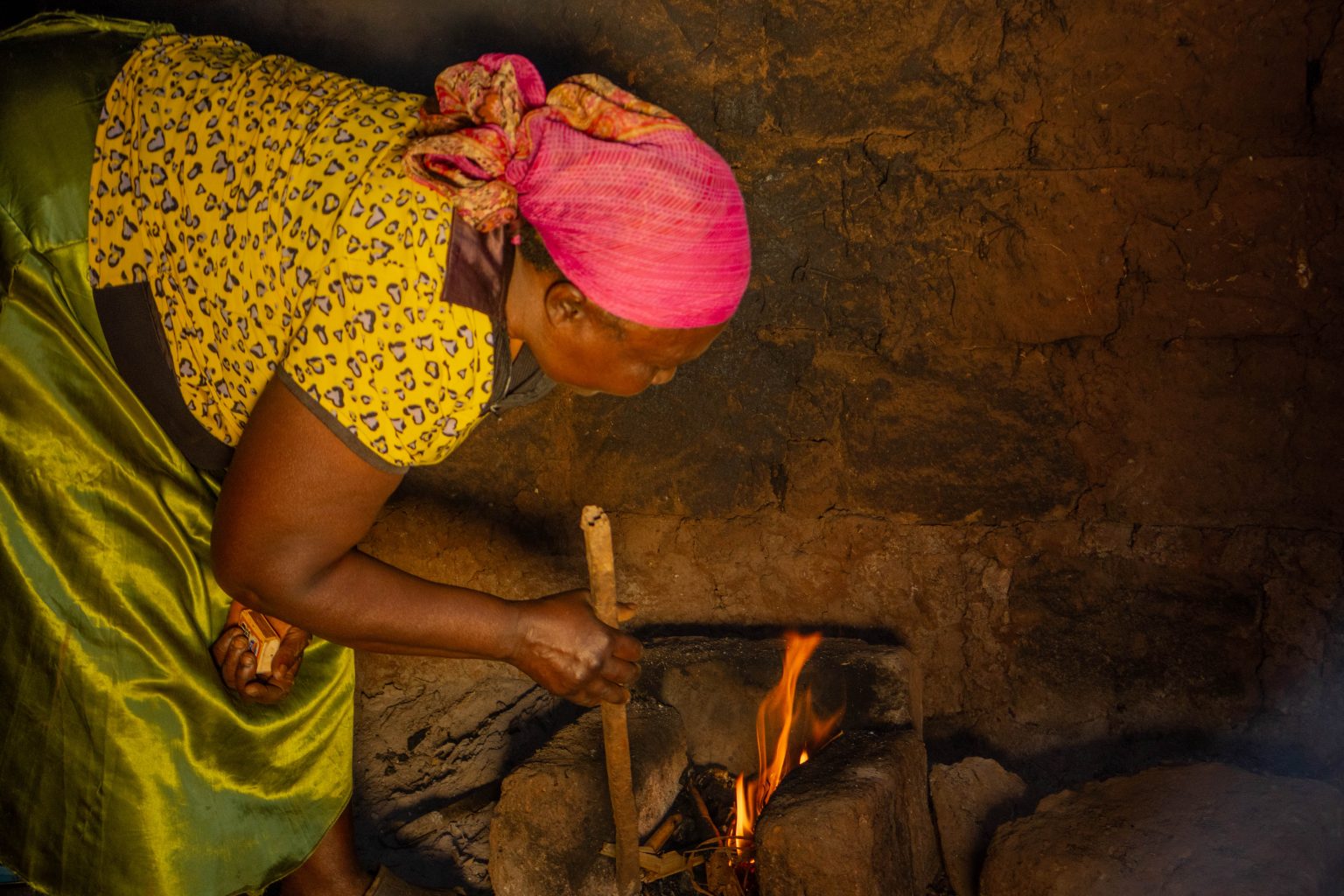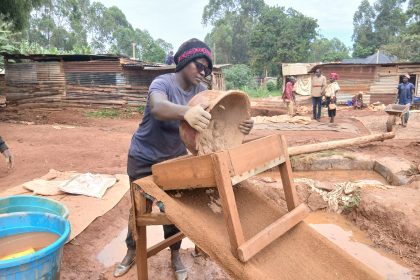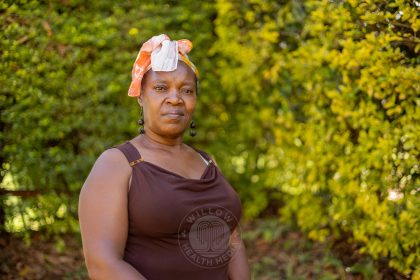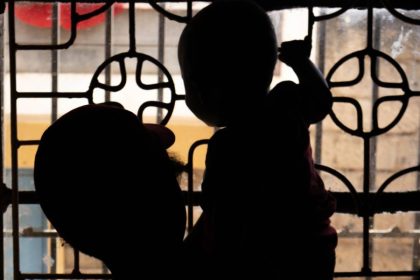A warm meal should bring comfort, not coughs. But in the kitchens of Kenya, the smoke is more than just a byproduct—it’s the uninvited guest at every table.
In a small village in Murang’a County, Mary Nyambura lifts a bundle of firewood onto her back, the weight pressing into her shoulders—not just the physical load, but the burden of a lifetime spent battling smoke-filled kitchens. Each morning, she walks for miles to gather wood, knowing that if the rains come, cooking will become an even greater struggle.
Inside her simple kitchen, the air is thick with smoke. She coughs, her breath catching in her throat. “I’ve kept using firewood simply because I can’t afford gas or electricity,” she says, her voice laced with quiet resignation. The flames crackle, but behind their warmth is a cost she has paid with her health.
In the bustling market, Paul Ngugi discusses the choices that shape his household. “If there is no money, we go back to firewood. Sustainability depends on affordability,” he says, acknowledging the cycle that keeps clean cooking out of reach for many.
Yet, hope flickers in the work of Beatrice Wahu, a community health promoter. “Many suffer health challenges from using firewood,” she explains. “But creating awareness is key. Even with limited finances, people can start with the cheapest clean cooking options.”
Across the county, policymakers like Julius Mwangi are working to turn awareness into action. “Murang’a County’s Climate Change Act of 2021 guides all implementation efforts,” he says, pointing to clean energy initiatives that aim to break dependence on firewood. But even as solar panels are installed and energy-efficient stoves are distributed, one truth remains—change is slow, and the poorest struggle the most.
David Kamau Muchoki, a charcoal burner, watches the shift with uncertainty. “If people migrate to clean cooking, I will suffer,” he says. “The government should find us alternative jobs.” For many like him, the transition threatens not just their way of life but their survival.
As local leaders push for the enforcement of clean cooking policies, one question lingers—how can Kenya move forward without leaving people behind? The road to universal clean cooking is paved with ambition, but it requires more than policies. It demands commitment, financial investment, and, above all, a united community effort.
Because clean cooking is not just about energy—it’s about lives, livelihoods, and a sustainable future for all. And the time to act is now.
The writer was a student at KEMRI Graduate School Health Journalism & Public Health Communication Course. The story is a collaboration of KEMRI Graduate School, University of Liverpool and Willow Health Media.





















